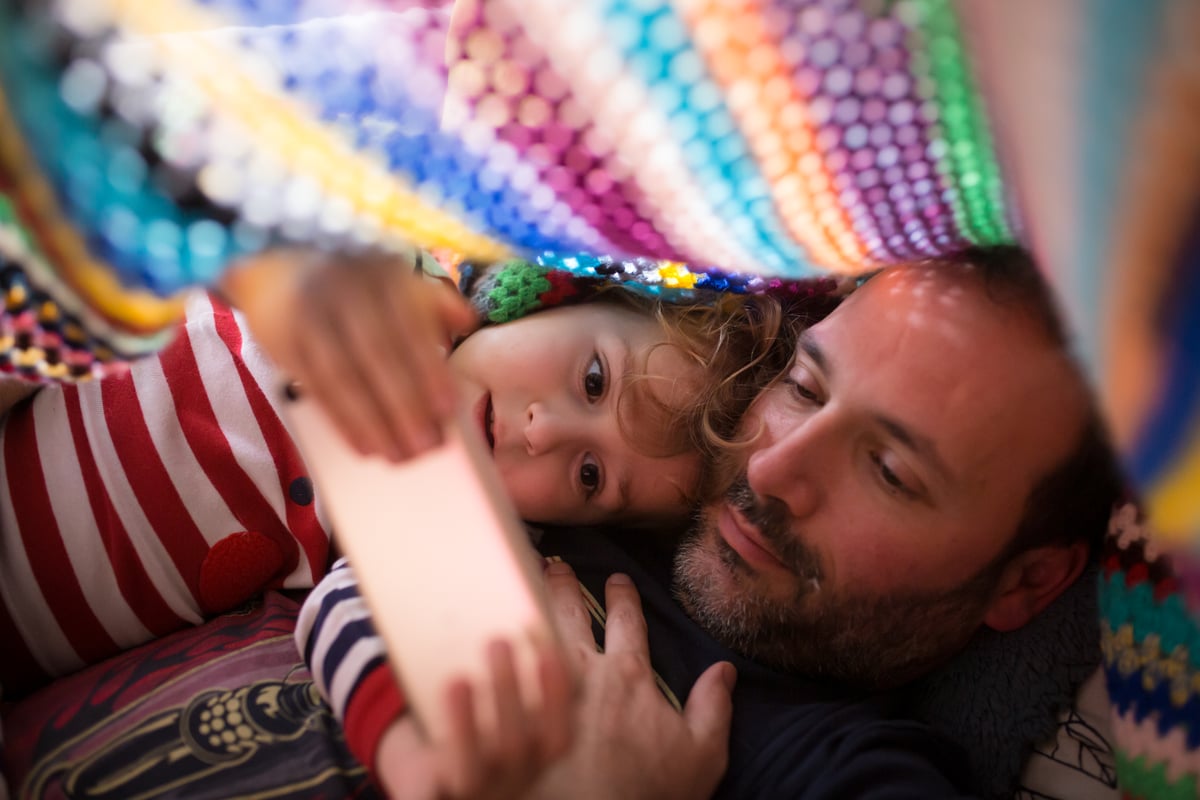
As a parenting coach, parents come to me when they’ve had enough.
Their kids aren’t listening and none of their techniques are working. Meltdowns are a daily thing (not just from the children). And somewhere along the way, they’ve developed a shouting habit, even though they’ve always been a calm, chilled-out person. They’re stuck in a parenting rut.
Parents are run down, beat up and exhausted, especially given the last few years, but they’re making family life a lot harder than it needs to be.
While you're here watch parenting 101. Story continues after video.
Here are five big mistakes I see parents making all the time that are ramping up the struggle factor:
1. They don’t understand their triggers.
Parenting triggers refer to unconscious reactions to situations we find challenging and usually to come from our childhood. For example, have you ever shouted at the kids, the way your own mother used to shout at you – despite your best intentions not to raise your voice the way she did? These are your parenting triggers at work.
Even with the best of childhoods, we still carry parenting tendencies and behaviours from our own parents, and these tend to come out unconsciously when we’re faced with a behaviour we find particularly difficult in our kids. Once you identify your triggers, you can learn to manage them more effectively and feel more in control as a parent.

Top Comments